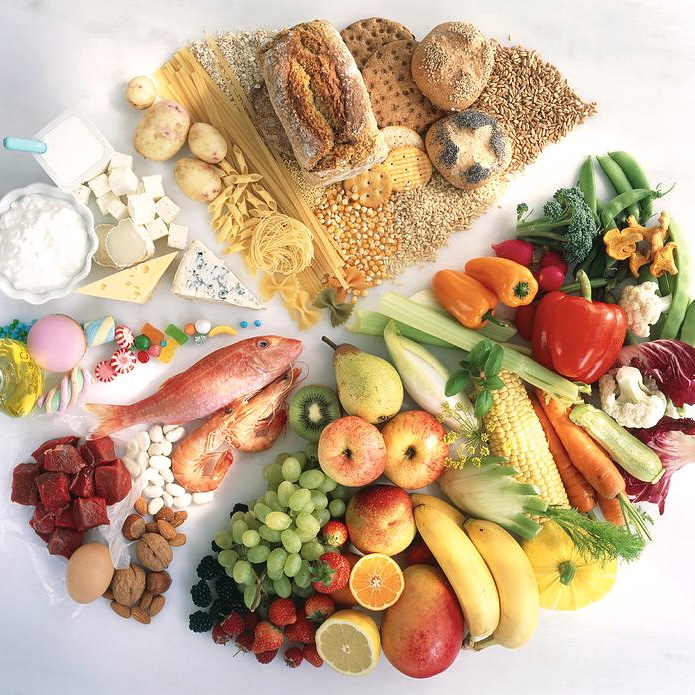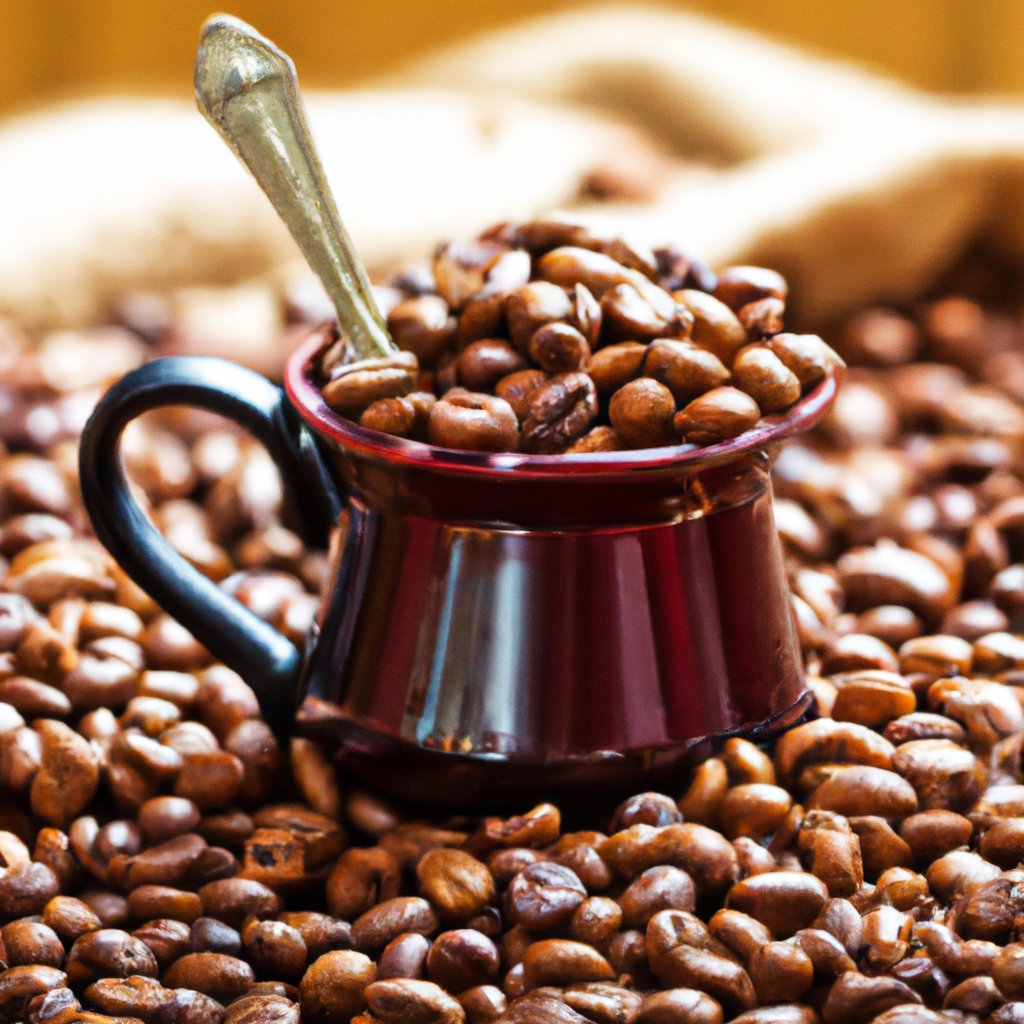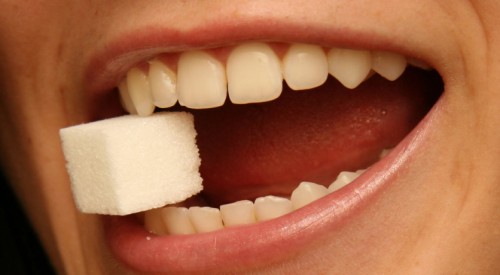What is Fatigue?
Have you ever felt like no matter how much rest and sleep you get, you still feel very tired and exhausted? This is referred to as ‘fatigue’, which is an extreme lack of energy that doesn’t go away easily.
Definitely, at this time of year, when we have all had a long, sunless winter, fatigue can be at its worst.
Diet can play a major part in influencing how tired or energized you feel. In this blog post, we’ll delve into the effects of diet on fatigue and ways to boost your energy levels through healthy eating habits. In addition to other factors, fatigue can also be caused by stress, lack of sleep, medications and poor health. All of which should not be overlooked.

Importance of a Balanced Diet for Fatigue
Macronutrients are the cornerstone of nutrition and an essential part of a healthy diet. They provide energy to the body and form the basis for our physiological functions. Macronutrients include carbohydrates, proteins, and fats, which are necessary for growth, development, and maintaining normal bodily functions. Each macronutrient has its own unique role in the body and it is important to get them in the right balance for optimal health.
Eating a balanced diet is essential for maintaining good health. The Basics – Carbohydrates are the body’s primary source of energy and fibre. Proteins help repair and build muscle tissue and assist hormones. Fats provide a slow-burning source of energy and are essential for cellular activity. Eating foods from each group in the right proportions can help to ensure that all your nutritional needs are being met alongside essential vitamins and minerals, antioxidants and more.
Hydration for Fatigue
Water is essential for many of the body’s functions, including maintaining energy levels.
Water is essential for the functioning of the human body and plays an important role in keeping energy levels up. It involves many of the body’s processes, such as transporting nutrients and oxygen to cells, regulating temperature, eliminating waste, and lubricating joints. Additionally, water helps to increase alertness and enhances concentration. Therefore, it is crucial for individuals to stay well hydrated in order to maintain healthy energy levels throughout their day.
Even mild dehydration can cause fatigue, so it’s essential to stay hydrated throughout the day.
Aim to drink 250ml x 6 glasses of water per day, and more if you’re exercising or in a hot environment.

Energy Boosting Foods
Complex Carbohydrates for Fatigue
Complex carbohydrates are found in whole grains, fruits, and vegetables provide slow-burning energy that can help prevent fatigue throughout the day. These foods are also high in dietary fibre, which helps to regulate blood sugar levels and keep you feeling fuller for longer. Eating complex carbohydrates can also help reduce your risk of certain chronic diseases, such as heart disease and diabetes.

Protein for Fatigue
When consumed, protein helps build and repair muscle tissue, aids in digestion and helps regulate hormones. It also provides the body with energy, as it is broken down into amino acids which can be used to create ATP (energy). Consuming adequate amounts of protein can help boost energy levels by providing your body with the necessary building blocks to produce ATP.
Some of the best sources of dietary protein include eggs, lean meats, legumes, dairy products, nuts, seeds and fish. These foods are not only high in protein but also provide essential vitamins and minerals to keep us healthy and energized throughout the day.
Healthy Fats for Fatigue
Eating the right kinds of fat is essential for overall health and wellness. Healthy fats, such as those found in avocado, nuts, and olive oil provide many essential nutrients that are beneficial for our bodies. They can help to reduce cholesterol levels, improve heart health and even aid in weight loss. In addition to providing important nutrients, incorporating these healthy fats into your daily meals can also help to make them more enjoyable and satisfying.
Iron for Fatigue
Iron plays an essential role in the body, serving many important functions. It helps with energy production, muscle formation, and oxygen transport throughout the body. Eating a diet rich in iron is essential to maintaining adequate levels of iron in the body. Foods that are particularly high in iron include red meat, leafy greens such as spinach and kale, beans and legumes, fortified cereals and grains, nuts and seeds, and fruits like prunes or raisins. Meals and snacks made from these foods can be a great way to get your daily dose of iron.
Vitamin B12 for Fatigue
Vitamin B12 is an essential vitamin necessary for the production of red blood cells, proper neurological functioning, and healthy metabolism. It is found in a variety of foods such as fish, eggs, dairy products and certain fortified cereals. Consuming a diet rich in vitamin B12 can help prevent deficiencies and ensure that our bodies are receiving the essential nutrients needed to maintain health and well-being. If you’re a vegan or vegetarian, you may need to take a vitamin B12 supplement to ensure you get enough of this essential vitamin.
Vitamin D for Fatigue
Vitamin D is a key nutrient it is a fat-soluble vitamin and a hormone. It has been found to be beneficial in combating fatigue, as it helps the body absorb calcium and phosphorus, which are important for energy production. Vitamin D also helps regulate mood, improve sleep quality, and even reduce the risk of certain diseases. It is made by the skin from the sun or can be found in a small range of foods including oily fish, egg yolks and mushrooms. By making sure we get enough of this essential vitamin through dietary sources or supplements, we can make sure our bodies are functioning at their best and combat fatigue effectively.

Fatigue -What to reduce or avoid
Fatigue and Caffeine
Caffeine and sugar are two of the most popular substances consumed daily around the world.
Caffeine is a stimulant that can help improve mental alertness and physical performance. However, consuming too much caffeine can lead to anxiety, insomnia, and fatigue. It’s essential to consume caffeine in moderation and to be aware of how much you’re consuming throughout the day.
Certain individuals are more vulnerable to the effects of tea, coffee, and caffeine with regard to iron deficiency. These include pregnant women, babies and young children, those following vegetarian diets, and people suffering from inflammatory bowel disease.
Avoiding drinking tea and coffee with a meal is one way to reduce this problem, there are many healthy alternatives such as herbal tea and fruit for a natural energy boost.

Fatigue and Sugar
Sugar provides a quick source of energy, but it’s also linked to fatigue.
Eating sugary foods or drinks can provide us with a quick burst of energy, but this short-lived feeling is often followed by a crash. Our blood sugar levels spike after consuming these products, leading to a rapid increase in energy, but quickly plummet afterwards. This sudden drop in blood sugar can lead to fatigue and other unpleasant symptoms. To avoid this rollercoaster ride of energy, it’s important to opt for healthier options that will provide sustained energy throughout the day.
Try to limit your intake of sugary foods and drinks and opt for complex carbohydrates instead.
One Top Nutritional Change to combat fatigue
Establishing lasting health improvements often requires committing to a single beneficial change and following through with it. Trying to take on too many positive challenges at once can be daunting and difficult to maintain.
Fatigue Combating Breakfast
Breakfast is the most important meal of the day for a number of reasons. Eating breakfast helps jumpstart your metabolism and provides energy for the day ahead. It also helps keep cravings at bay, which can help maintain a healthy weight. Additionally, breakfast is an important opportunity to get essential vitamins and nutrients that are vital for overall health and wellness.
A healthy breakfast is an important part of any diet. Oats, yoghurt, and fruit are all examples of easy-to-prepare and nutritious breakfast options. Oats are a good source of fibre, protein, and minerals. Yoghurt provides calcium, protein, and probiotics. Fruits are packed with vitamins, minerals, and antioxidants. All three options can be tailored to accommodate different tastes. While still providing essential nutrients to get your day started right.
So, what to do next about fatigue symptoms or anything else..
If you’re experiencing fatigue symptoms due to a poor diet and ongoing stress, or if you’re looking to improve your eating habits and need assistance selecting the right program, please don’t hesitate to reach out to us. We’re here to help optimise your food choices and support you in finding the best approach. We would love to help you or your family and friends with any nutrition-related queries big or small.
If you want to book your programme TODAY we would love to help you.
You can book a 121 Dietitian Programme today by clicking on the link below
If you have enjoyed this blog we would love you to share this with your family and friends on your social media channels. Do visit our YouTube Channel for more on keeping your health optimal.
If you are interested in how I overcame my Thyroid Autoimmune Condition do check out the About section below
Before you go please check out our 121 Dietitian Shop created specifically for optimising your health.
Gillian x

Links included in this description might be Amazon affiliate links. If you purchase a product or service with the links that I provide I may receive a small commission.